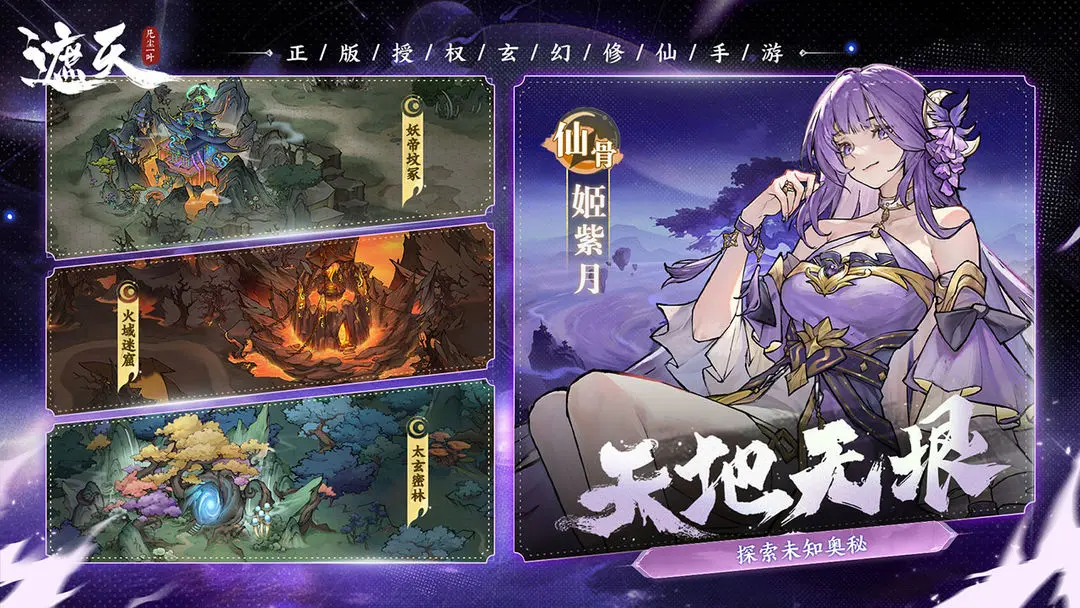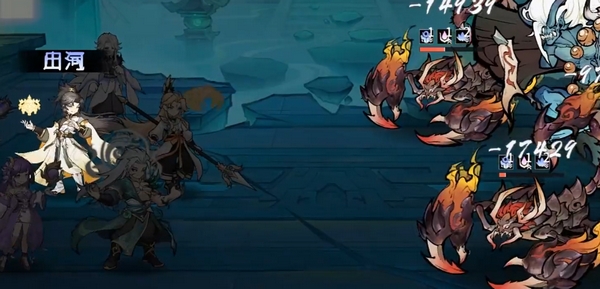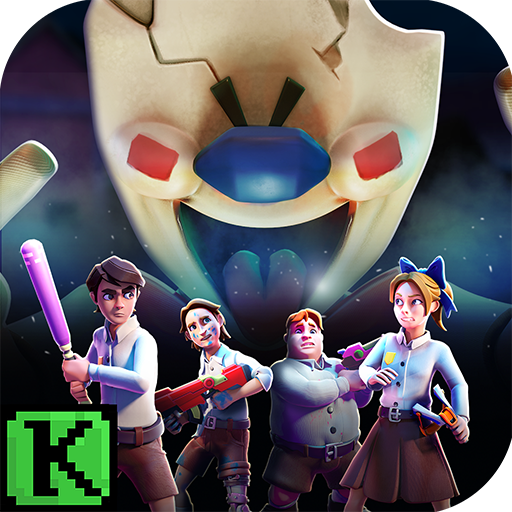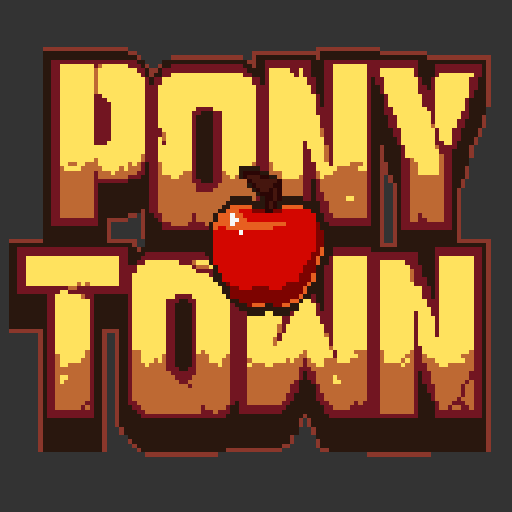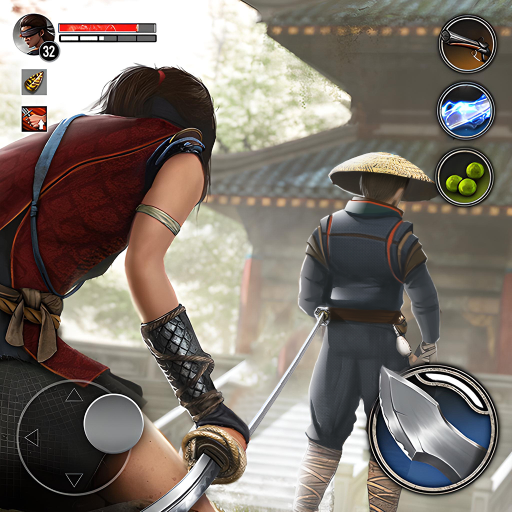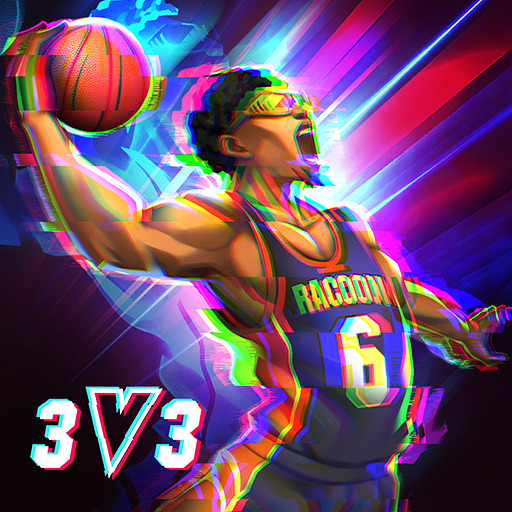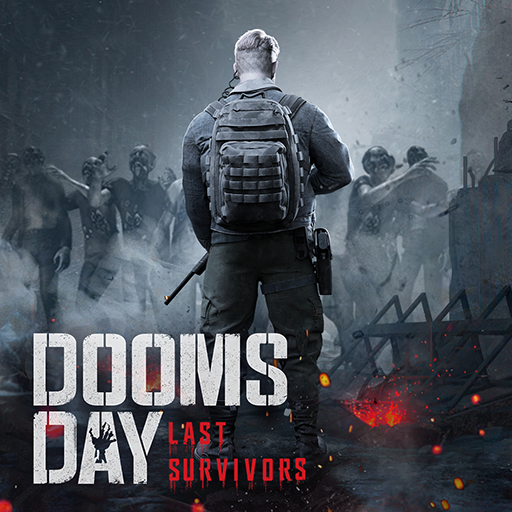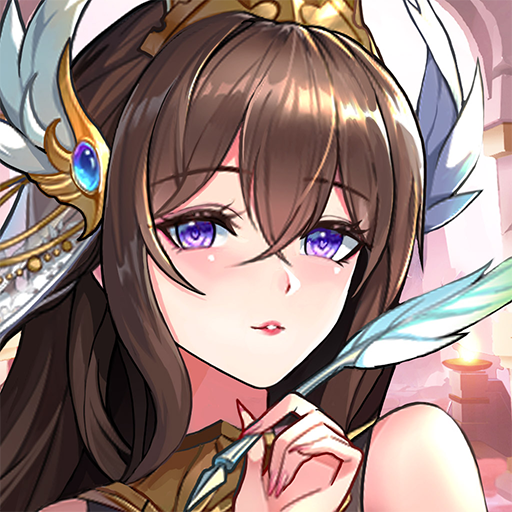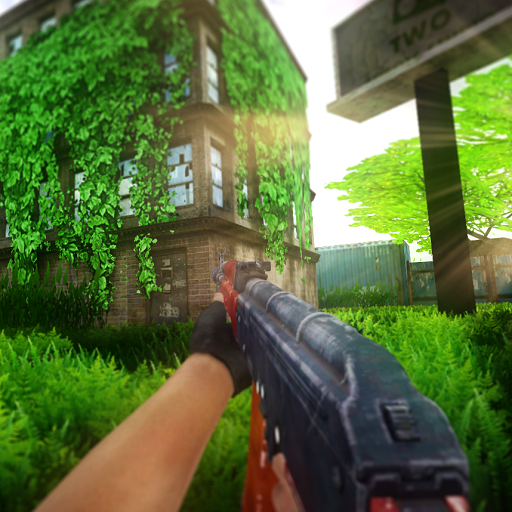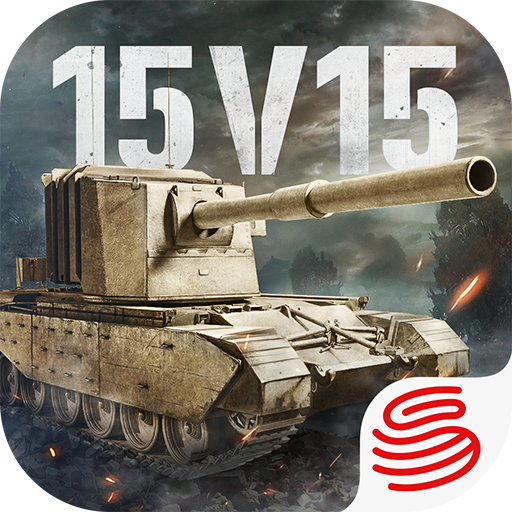Is Code Bang Bang an otome game? This is a question many players have after hearing the name of this game or seeing its promotional posters. After all, in today's mobile gaming market, works with strong character designs and gorgeous illustrations are often mistaken for romance-oriented, relationship-building otome games. However, Code Bang Bang is not an otome game. Although it features a large number of male characters with distinct styles and each character has a strong personality tag, the core gameplay, world setting, and content structure of this game far exceed the scope of otome games. Its essence leans more towards an adult, dark-themed story adventure + combat strategy mobile game.
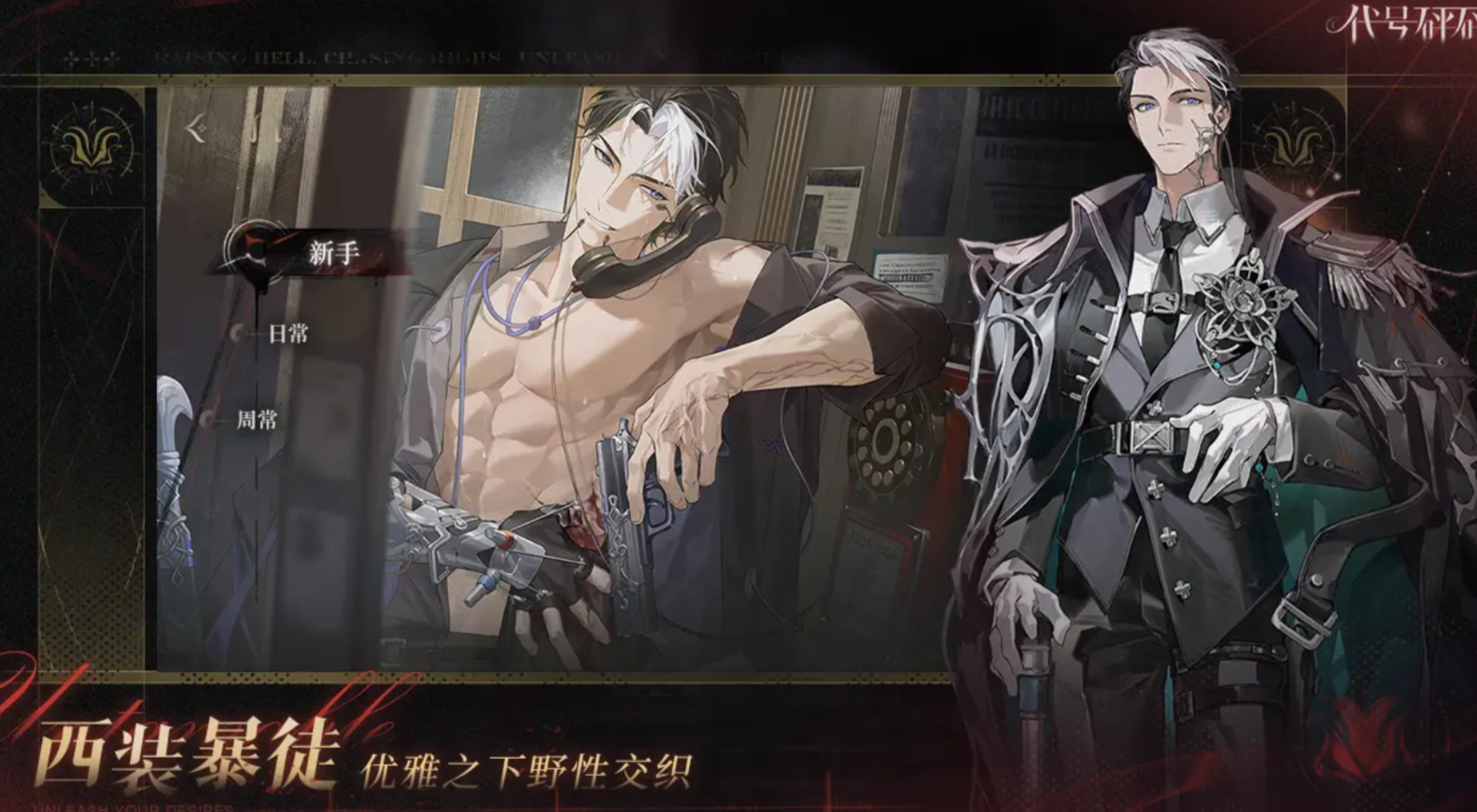
In the setting of Code Bang Bang, the player does not play as a girl expecting to be surrounded by love, but instead appears as the "First Duke of Milan Kingdom." This identity sets the grand background of the entire game: you are not here to fall in love, but to control, plan, conquer, and manipulate this dangerous continent. Power is your weapon, and the complex, morally ambiguous "all villains" are the objects of your conquest or exploitation. What you need to do is use the rust-stained knife of power in your hand to cut through this world devoured by darkness. In such a context, so-called "otome" elements no longer apply, replaced instead by darker, more complex, and even more adult plot settings.
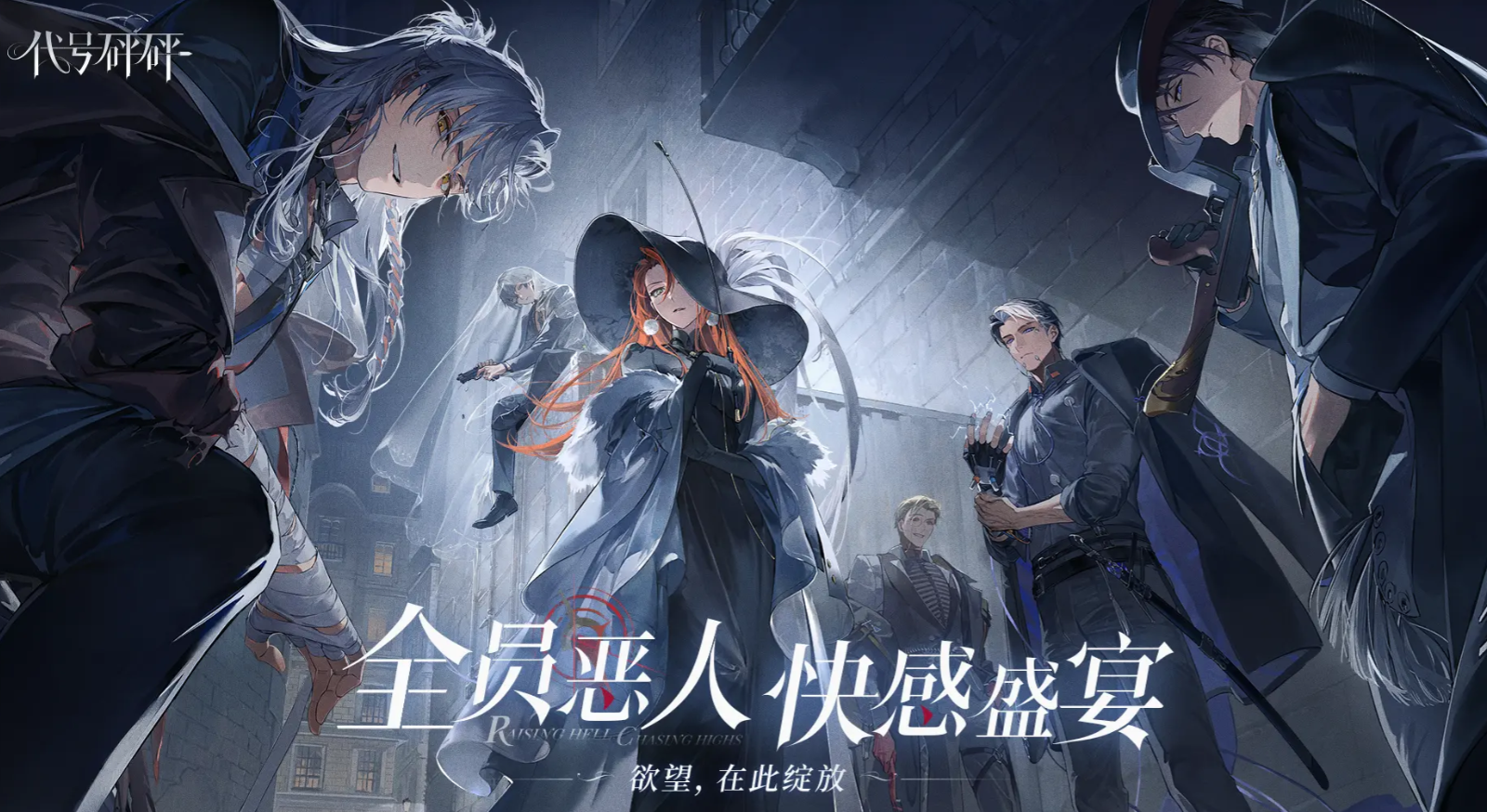
The male characters in the game are highly recognizable. They are not the traditionally gentle and considerate "romance targets," but individuals with their own positions, goals, and even dangerous tendencies. They may be S-types obsessed with control, M-types who seek to be dominated, cold-faced generals returning from the battlefield, or complete scoundrels hiding under a veneer of civility. Each character not only has a distinct label but also corresponds to a carefully designed backstory and plotline. They may form alliances or turn against each other; their attitude toward you is not a uniform "like," but rather filled with probing, questioning, betrayal, and even frenzied desire. These elements make the game full of uncertainty and greatly increase the narrative tension.
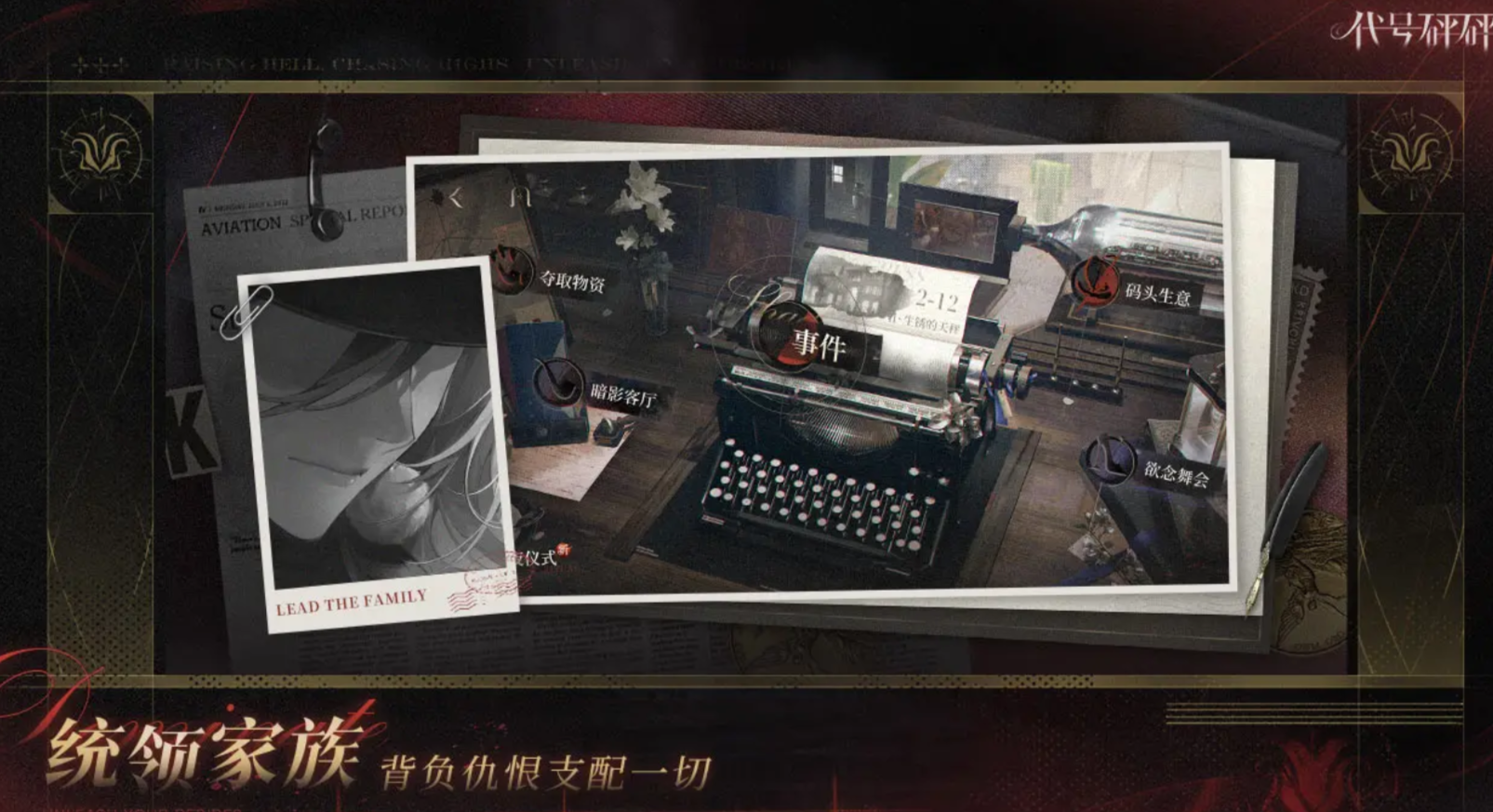
In terms of gameplay design, Code Bang Bang does not adopt the common text dialogue + option-based progression found in traditional otome games. Instead, it combines a system of strategic deployment, mission advancement, and character interaction. Players need to comprehensively consider factors such as the sequence of events, resource allocation, dialogue choices, and character trust levels to make decisions that significantly impact the future direction of the story. These decisions are not purely for the sake of romantic lines but truly affect the expansion of power, the fate of characters, and even your own ending. This "main storyline focused on power struggles" narrative approach further moves away from the single-dimensional, romance-centered nature of otome games, shifting towards a more mature, darker, and complex adult game route.
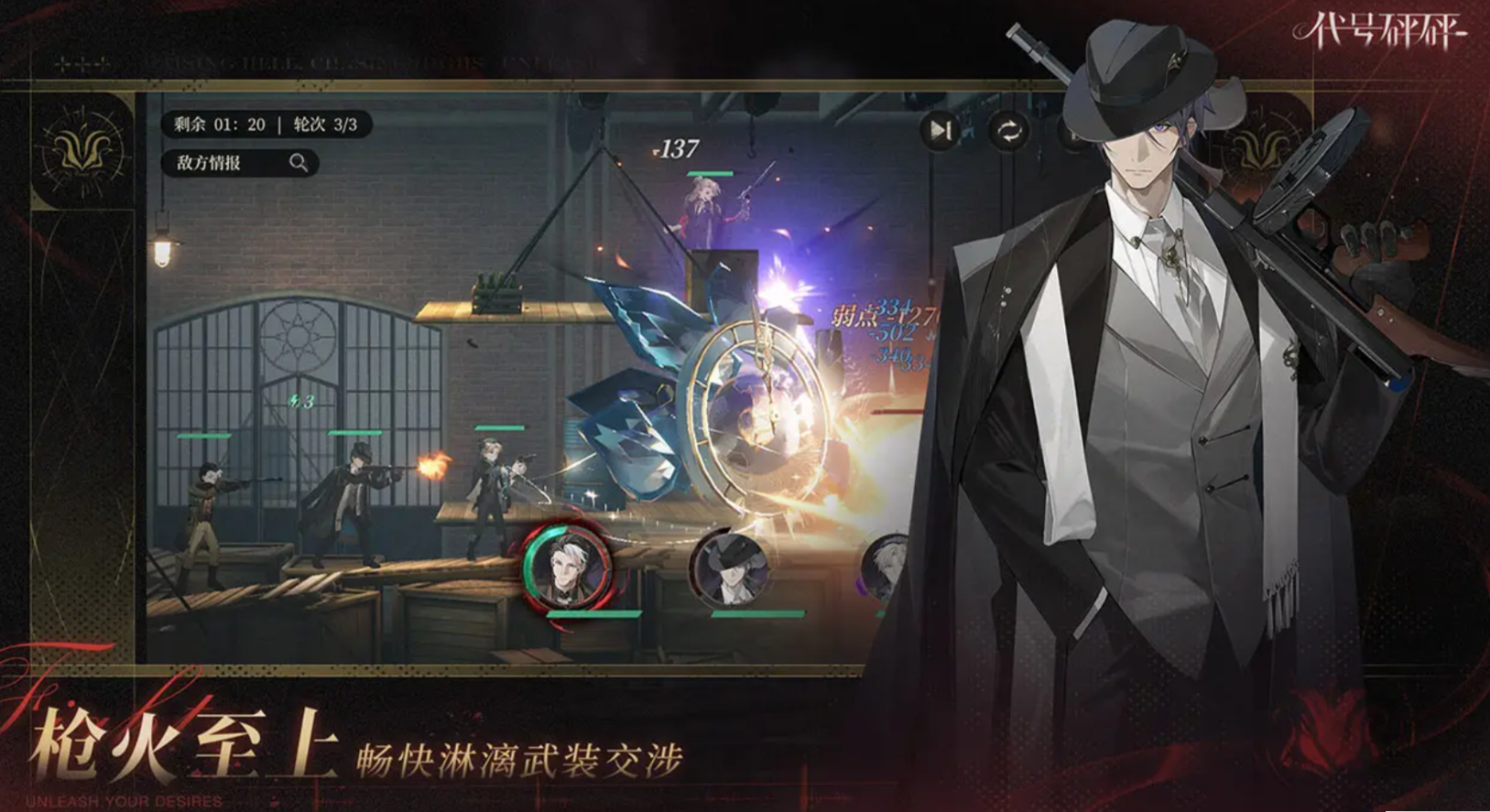
So, to answer the initial question, is Code Bang Bang an otome game? The clear answer is: no. It doesn't have dreamy bubbles and sweet whispers; instead, it has iron-clad power and burning desires. It's not a gentle, idyllic romance farm, but a perilous and thrilling arena of power and strategy. It doesn't care if you love him; it only cares if you dare to control him, exploit him, or even destroy him. If you are willing to try to understand the shadows of human nature and find rules and order amidst charm and chaos, then don't hesitate—bang, and dive right in.
